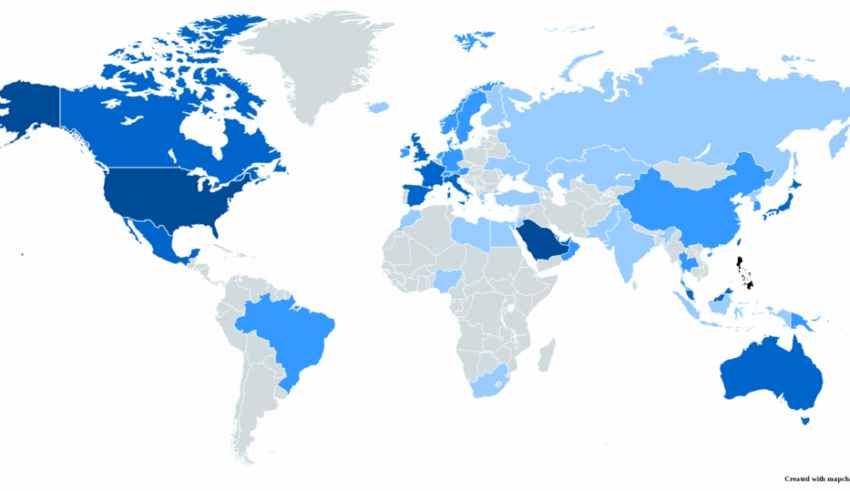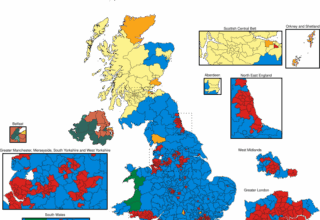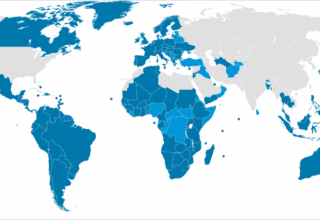
The Overseas Filipino Worker (OFW) phenomenon is one of the defining aspects of the Philippines’ economic landscape. Over the past decades, millions of Filipinos have left their homeland in search of better opportunities abroad, providing critical financial support to their families and significantly contributing to the national economy. These sacrifices are not just personal but national, as OFWs’ remittances make up nearly 11% of the Philippine economy. However, while OFWs are often hailed as modern-day heroes, the OFW system presents a complex economic reality that underscores both benefits and drawbacks for the Philippines. Moreover, weak labour migration policies lead to a dependency relationship between Filipinos and recruitment agencies in South East Asia, which mainly decides both the employers and the country of destination.
The decision to become an OFW is almost always financially motivated. Many Filipinos leave their country in search of better job opportunities and higher wages that are otherwise unavailable at home. However, due to weak migrations policies and overseas rights, they are often bound by contracts that tie them to long working hours and low wages. Nonetheless, there are not many options left in their home country, so they are encouraged to work abroad both to support their families and the national income.
OFWs are one of the key reasons why the country’s economy continues to function despite global crises. Remittances from OFWs indeed play an integral role in sustaining the Philippine economy. According to data, remittances account for nearly 11% of the country’s GDP. These funds help Filipino families afford basic needs, education, healthcare, and even entrepreneurial ventures. In many ways, remittances act as a social safety net, reducing poverty levels and improving overall living conditions. However, when it comes to saving money for personal usage, the Philippines ranks last among Southeast Asian countries, mostly because OFW send all of their profits back into the country, instead of put their money in the correct location, such as a savings account or other investments.
Despite its economic advantages, the OFW system comes at a steep cost. The Philippines has become overly dependent on labor migration, reducing the urgency for the government to create sustainable domestic job opportunities. Instead of prioritizing industrialization and economic reforms that would generate local employment, policymakers continue to rely on overseas employment as a quick economic fix.
To address the imbalances created by the OFW system, the Philippine government must implement policies that reduce dependency on labour migration, favouring instead policies that would foster the national economy within its borders and reduce OFWs. Investing in local industries, infrastructure, and education can create sustainable job opportunities that provide competitive salaries within the country. Enhancing support systems for returning OFWs, such as reintegration programs and financial initiatives, will also help them transition into stable employment or entrepreneurship at home.
Moreover, stronger bilateral agreements with host countries must be pursued to ensure better protections and rights for OFWs in the social and professional sphere. The government should work closely with international labour organizations to enforce ethical recruitment practices and combat exploitative working conditions.
The OFW system has undeniably shaped the Philippine economy and improved the lives of millions of Filipinos. However, its long-term sustainability is questionable. While remittances provide temporary economic relief, a nation cannot build its future solely on the export of its workforce.
By The European Institute for International Relations















